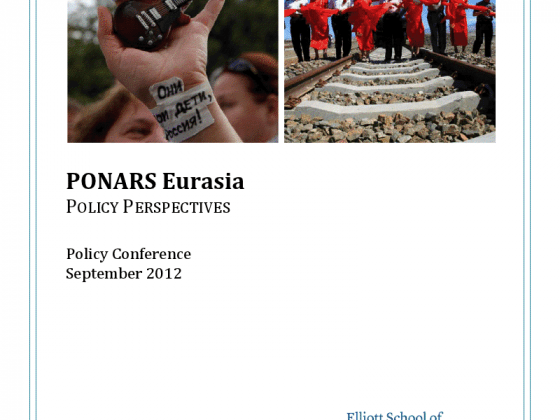Efforts by the United States to promote democracy and civil society in Russia by directly supporting institutions such as political parties, nongovernmental organizations, alternative media outlets, and opposition groups have reached a critical juncture. The Russian government’s recent crackdown on foreign-funded NGOs, restrictions on the internet, and pressure on opposition leaders appear to be supported by the population. Anti-American sentiment within the Russian public is considerably stronger than is support for the opposition. With little to show for nearly two decades of expensive democracy assistance, the United States should abandon its previous approach. Instead, it should adopt a new strategy focused on creating a normative demand for democracy and human rights in that part of the Russian population that should, theoretically, be most inclined to support those ideals: university graduates. Without robust local demand among university graduates for democracy and human rights, efforts to build institutions will not succeed. U.S. support for such institutions is probably counterproductive, as it plays into the hands of pro-Kremlin critics. Therefore, democracy assistance resources should be redirected toward dramatically increasing the quantity and quality of university exchange programs and other initiatives that bring Russian and U.S. students into close and sustained contact. […]
Memo #:
211
Series:
2
PDF URL:
https://ponarseurasia.org/wp-content/uploads/attachments/pepm_211_Gerber_Sept2012.pdf









